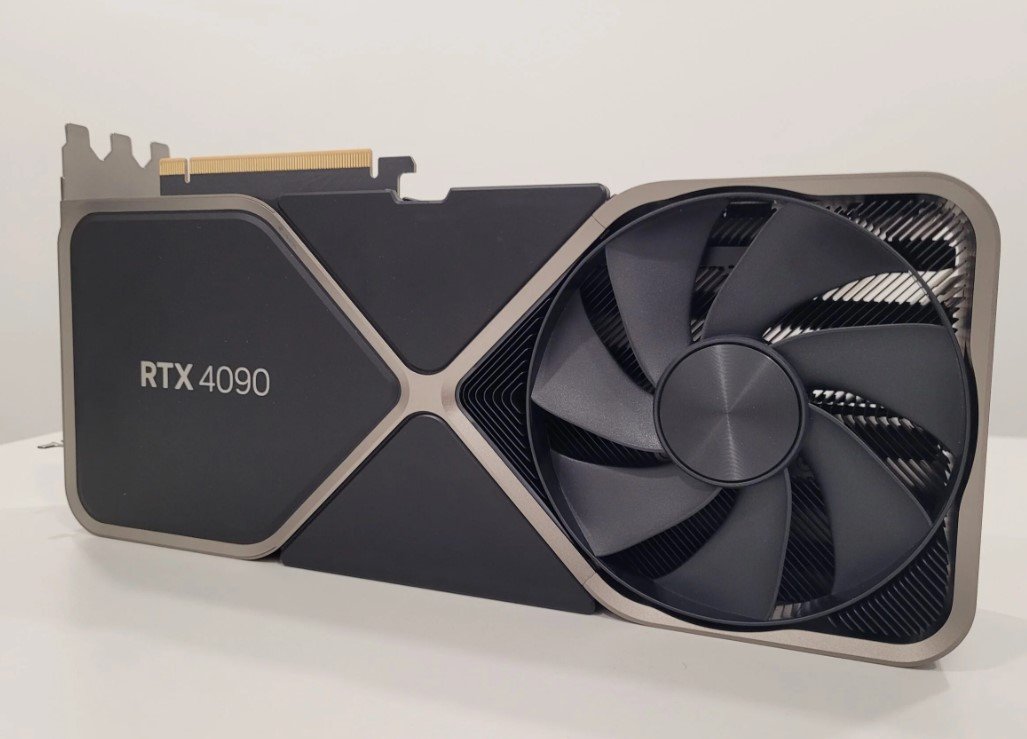Israel’s high-tech sector, renowned for its innovation and technological advancements, is currently grappling with a significant challenge: a shortage of GPUs (Graphics Processing Units). As the demand for AI and data processing capabilities surges, the scarcity of GPUs is becoming a bottleneck for many companies. This shortage threatens to slow down the progress of Israel’s tech industry, which is a critical component of the nation’s economy. Efforts are underway to address this issue and ensure that Israel remains at the forefront of global technological innovation.

The Growing Demand for GPUs
The rapid advancement of AI technologies has led to an unprecedented demand for GPUs, which are essential for training complex machine learning models. In Israel, the high-tech sector is heavily reliant on these powerful processors to drive innovation and maintain its competitive edge. However, the current supply of GPUs is insufficient to meet the growing needs of the industry. This shortage is not only affecting startups but also established tech giants that require substantial computational power for their operations.
The situation is exacerbated by the global supply chain disruptions caused by the COVID-19 pandemic. Manufacturing delays and logistical challenges have further limited the availability of GPUs, making it difficult for Israeli companies to acquire the necessary hardware. As a result, many firms are facing delays in their projects, which could impact their ability to bring new products and services to market.
To mitigate the impact of the GPU shortage, some companies are exploring alternative solutions, such as cloud-based GPU services. While this can provide temporary relief, it is not a sustainable long-term solution. The high cost of cloud services and the need for dedicated, on-premises hardware for certain applications make it imperative for Israel to find a more permanent resolution to this issue.
Efforts to Address the Shortage
Recognizing the critical importance of GPUs for the high-tech sector, Israeli authorities and industry leaders are taking steps to address the shortage. One of the key initiatives is the establishment of a national supercomputer, which will provide centralized access to high-performance computing resources. This project, currently in the planning stages, aims to alleviate the pressure on individual companies by offering a shared infrastructure for AI and data processing tasks.
In addition to the supercomputer initiative, there are ongoing efforts to strengthen the local supply chain for GPUs. This includes fostering partnerships with global semiconductor manufacturers and encouraging domestic production of key components. By building a more resilient supply chain, Israel hopes to reduce its dependence on external sources and ensure a steady supply of GPUs for its tech industry.
Furthermore, the government is providing financial incentives and support for research and development in the field of AI and high-performance computing. Grants and subsidies are being offered to companies that invest in innovative solutions to overcome the GPU shortage. These measures are designed to spur technological advancements and maintain Israel’s position as a leader in the global tech landscape.
The Future of Israel’s High-Tech Sector
Despite the current challenges, the future of Israel’s high-tech sector remains bright. The country’s strong foundation in innovation and its ability to adapt to changing circumstances are key factors that will drive its continued success. The efforts to address the GPU shortage are a testament to the resilience and determination of the Israeli tech community.
Looking ahead, it is crucial for Israel to continue investing in its technological infrastructure and fostering a supportive environment for startups and established companies alike. By addressing the GPU shortage and ensuring access to the necessary resources, Israel can maintain its competitive edge and continue to be a hub for technological innovation.
The collaboration between the government, industry leaders, and the academic community will play a vital role in shaping the future of Israel’s high-tech sector. By working together, they can overcome the current challenges and pave the way for a new era of technological advancements that will benefit not only Israel but the global community as well.
